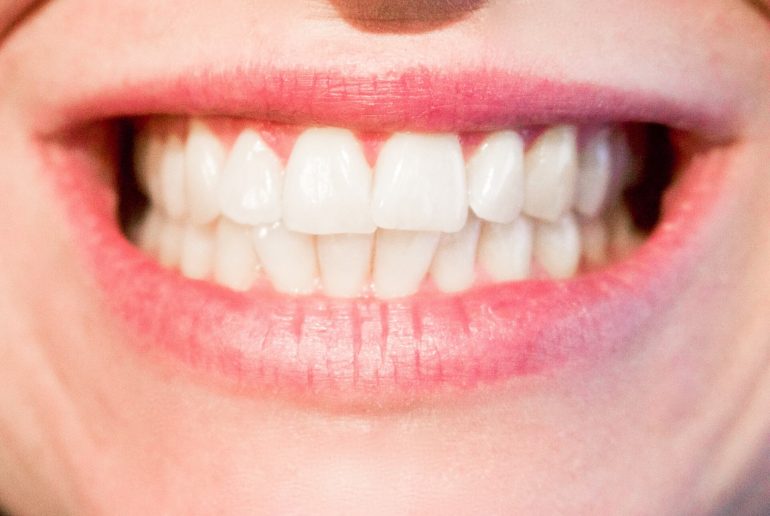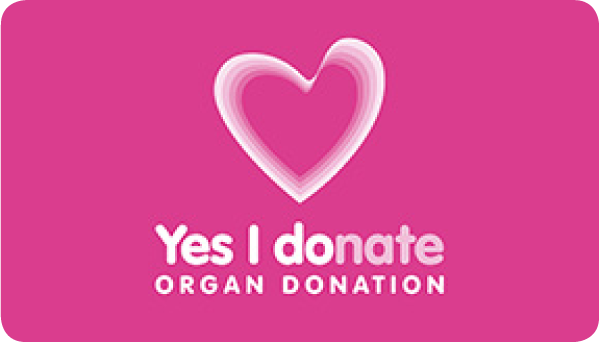Dental Health in Kidney Disease Patients

Dental health is particularly important in renal patients. Complications arise from kidney disease and problems can ensue if proper care is not taken. Here is advice to help you look after yourself.
Oral Effects
People with kidney disease often have other health issues. They often have compromised immune systems, so they may be more likely to get infections.
People with renal (kidney) problems may have a bad taste in their mouths and bad breath (halitosis). This occurs because the kidneys fail to remove urea from the blood. The urea breaks down to form ammonia, which has a foul smell. Bone changes also can occur because the body cannot absorb calcium properly. Therefore, people with kidney disease are at risk for losing bone from their jaws. Their teeth may become loose and eventually fall out.
Kidney disease itself causes some of these symptoms. Others are caused by medicines and treatments for the disease.
- Anorexia (an eating disorder)
- Anemia (a blood disorder)
- High blood pressure and heart disease
- Dry mouth (xerostomia)
- Periodontal (gum) disease, which leads to loose teeth, and eventually to tooth loss
- Inflammation of the mouth and salivary glands
Kidney disease itself causes some of these symptoms. Others are caused by medicines and treatments for the disease.
At the Dentist
If you are on dialysis (either haemodialysis or peritoneal dialysis), you and your dentist should plan to schedule your dental treatments on the day after a dialysis treatment. If you have a fistula, you may be given a blood thinner before dialysis, which can increase the risk of bleeding. Because of the fistula, you may be at higher risk for certain infections. For this reason, your doctor may prescribe antibiotics for you to take before dental treatment.
Tell anyone who takes your blood pressure that you have a fistula. The blood pressure cuff should not be placed on the arm with the fistula. Your blood pressure should be taken on the other arm, or on a leg.
Before you receive treatment, give your dentist a list of your medicines and their doses. This is particularly important for transplant patients or others on immunosuppressants. These reduce your ability to fight infections. Work by dentists or hygenists may result in bleeding which raises the risk infection. Your dentist will consider the medicines you take before prescribing other drugs. Some medicines may make kidney failure worse. Some may build up in the body until the next dialysis. Kidney disease can affect your blood counts. Give a copy of your most recent blood tests to your dentist as often as it is available.
If in any doubt discuss your treatment with your renal consultant or specialist nurse.
©2002-2013 Aetna, Inc. All rights reserved.
NHS Dental Treatment for Renal Patients
If you are looking for a NHS dentist in England, you can call NHS Direct on 0845 4647 or visit the NHS Choices website (www.nhs.uk) to find the NHS dental practices closest to where you live or work. If you have any subsequent difficulty accessing NHS dentistry in your area or have any special needs, NHS Direct and NHS Choices will be able to provide you with details of a local helpline number to support you in accessing NHS dental care.
Useful dental information websites are www.dentalhealth.org, www.bdasmile.org and the dental health area of the NHS Choices website (www.nhs.uk/Livewell/dentalhealth/Pages/Dentalhome.aspx)




